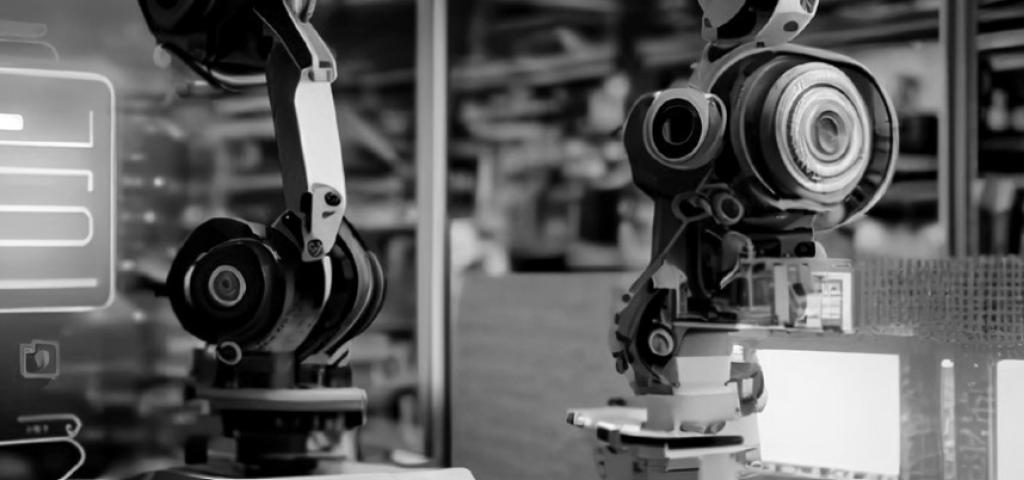
AI Advancing Manufacturing and Industrial Automation Systems
The global manufacturing and industrial automation segment is evolving and driving to achieve more efficiency, quality and flexibility. To obtain this goal is complicated due to the multitude of challenges facing modern industrial factories and manufacturers. With the recent advancement of artificial intelligence (AI) and machine learning, manufacturing and industrial automation equipment companies have seen how they can meet the challenges they face utilizing AI. By building in AI into their equipment systems by using modern development methods, tools and services, OEMs can deliver efficiency, quality and a more flexible system.
Challenges for Manufacturing and Industrial Automation
The challenges facing the manufacturing and industrial automation sector must be solved to be competitive in the global market. These challenges are:
- Improving manufacturing throughput without compromising quality
- Advancing product quality through improved precision and zero defects must be achieved
- Flexible manufacturing and automation process to make it easier to quickly shift production
- Worker and workplace safety is required
- The lower cost of production and operations while maintaining quality and efficiency
Solving Challenges - AI Technology
AI is providing the solution pathway for solving the challenges in manufacturing and industrial automation for OEMs and their developers. Here are areas that AI is utilized to solve these challenges:
- AI-powered mobile robots can navigate factory floors to pick and deliver inventory and parts.
- Collaborative robots, or cobots can utilize AI to safely work alongside humans improving production performance and speed.
- Automated Guided Vehicles (AGVs) use AI to efficiently and safely navigate and transport materials autonomously within a factory or warehouse.
- Anomaly detection powered by AI is revolutionizing quality control in manufacturing.
- Predictive maintenance can be powered by AI to predict failures and need for maintenance.
- Flexible manufacturing using AI can process data for production of customized product orders.
Challenges of Implementing AI
There is great potential to advance manufacturing with AI, but bringing it to industrial equipment systems comes with its own substantial challenges. Developing effective AI algorithms is complex for manufacturing processes. These algorithms must be robust, scalable, and capable of operating in real-time. Building a data infrastructure for AI use is another major challenge. To harness AI's power, manufacturers must build an infrastructure that efficiently collects, stores, and processes data from their new and legacy operations. The lack of scalable deployment networks to deploy AI solutions by many manufacturers complicates implementation. A shortage of AI-skilled staff is another challenge. Implementing AI-driven solutions requires a workforce proficient in AI, data science, and software engineering, in addition to traditional manufacturing skills. A lack of AI-skilled staff can make it difficult to move AI efforts forward. Moreover, industrial equipment developers need modern software development methods, tools and services to enhance products or create new AI-driven systems.
Read full technology brief to get more details
Read the technology brief: AI Advancing Manufacturing and Industrial Automation Systems to learn how AI can advance the industrial equipment and systems and how modern developer tools and services can help OEMs and their developers deliver AI. Download the brief today.